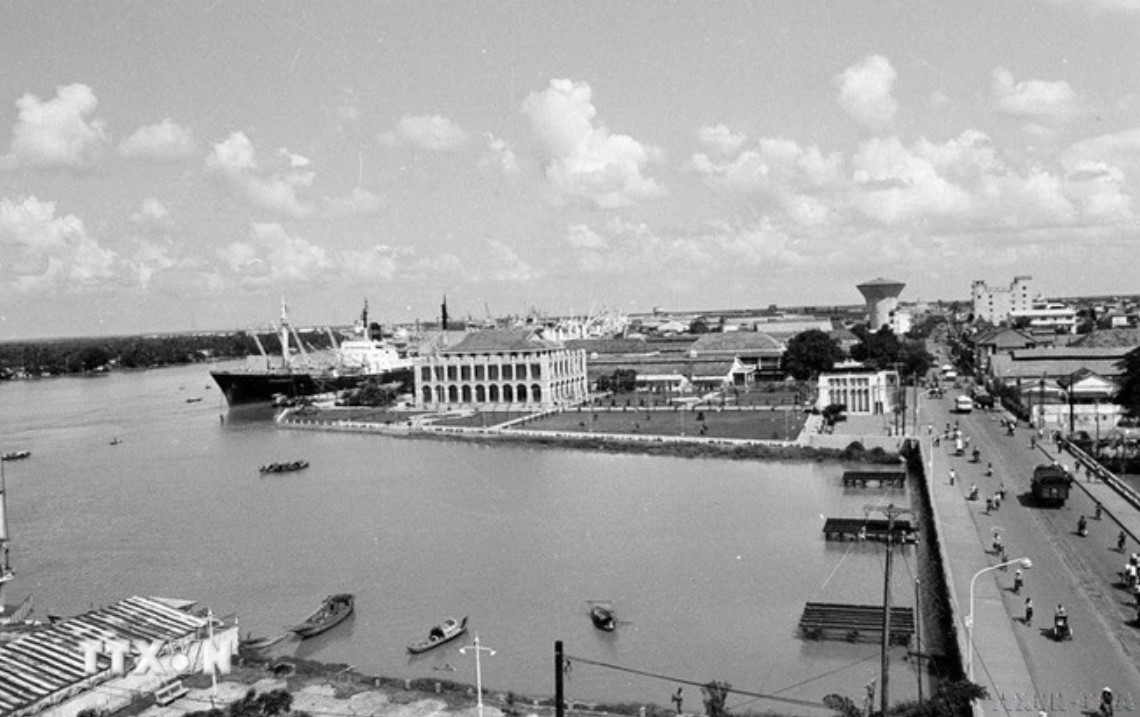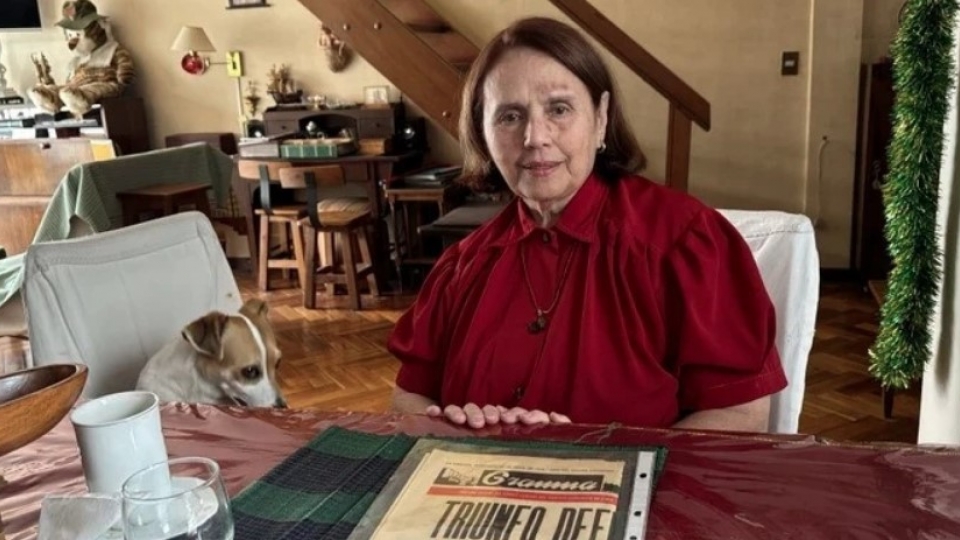President Ho Chi Minh – A great leader of global revolutionary movement
President Ho Chi Minh, not only a great patriot of the Vietnamese people but also a revered leader of the global revolutionary movement and the international communist cause, according to Poldi Sosa Schmidt, chairwoman of the Argentina-Vietnam Cultural Institute.

In an interview with a Vietnam News Agency (VNA) correspondent in South America on the occasion of the late leader’s 135th birth anniversary, Poldi Sosa, a long-time and devoted friend of the Vietnamese people, shared that she first heard about Ho Chi Minh in May 1968 while in Paris, France. Captivated by his image and ideals, she began reading about the Vietnamese leader and quickly came to admire him as a remarkable revolutionary figure.
Throughout his revolutionary career, President Ho Chi Minh consistently linked the goal of national independence with socialism. He was also a pioneer in the struggle for freedom among colonised nations. Poldi Sosa emphasised that his name will forever be associated with noble efforts to create a world free from war, cruelty, poverty, and discrimination.
She recalled with deep emotion her many visits to Vietnam, during which she and fellow Argentinians paid tribute to President Ho Chi Minh by visiting his hometown in Sen Village and the historic Nha Rong Wharf, where he embarked on his journey to seek ways for national liberation.
Poldi Sosa also recounted that in Argentina, Ho Chi Minh’s name is remembered alongside that of Miguel Contreras, one of the country’s earliest communist leaders. In early 1924, during a harsh winter in Russia, Ho Chi Minh -then known as Nguyen Ai Quoc- had a chance encounter with Contreras in the Soviet Union. Despite coming from vastly different parts of the world, the two men found common ground in their shared ideals, hopes, struggles, and dreams during the three months they spent together at the heart of the international proletarian movement.
Contreras had been sent to the Soviet Union with other Latin American communist leaders to attend the 5th Congress of the Communist International, held shortly after the death of Vladimir Lenin. Upon arriving in Moscow, the delegation visited Red Square to pay their respects to Lenin. While waiting in line for over three hours in minus 30 degree Celsius weather, Contreras struck up a conversation with a young Asian man. He soon learned that the man was Nguyen Ai Quoc, who was studying the Bolshevik Revolution to draw lessons for Vietnam’s fight for independence. Because of the extreme cold and lack of gloves, Quoc’s hands had become severely frostbitten.
Without hesitation, Contreras offered his gloves to his new friend and accompanied him to his lodging — only to discover that they had been assigned to the same room. The three months they spent living together allowed them to exchange revolutionary ideas and discuss strategies for advancing the revolutionary movements in their respective countries. Contreras would later meet Ho Chi Minh twice more — in 1938 and 1960 — both times in Moscow at international communist conferences.
Concluding the conversation, Poldi Sosa, now in her 80s, affirmed that the name and legacy of President Ho Chi Minh will continue to be remembered with deep respect and admiration throughout the 20th and 21st centuries — not only by the Vietnamese people but by the world at large.



